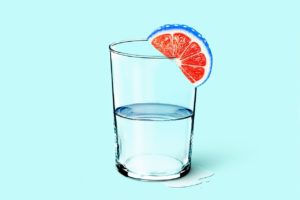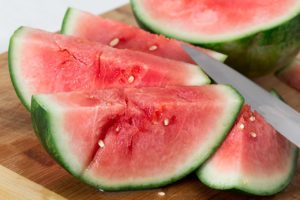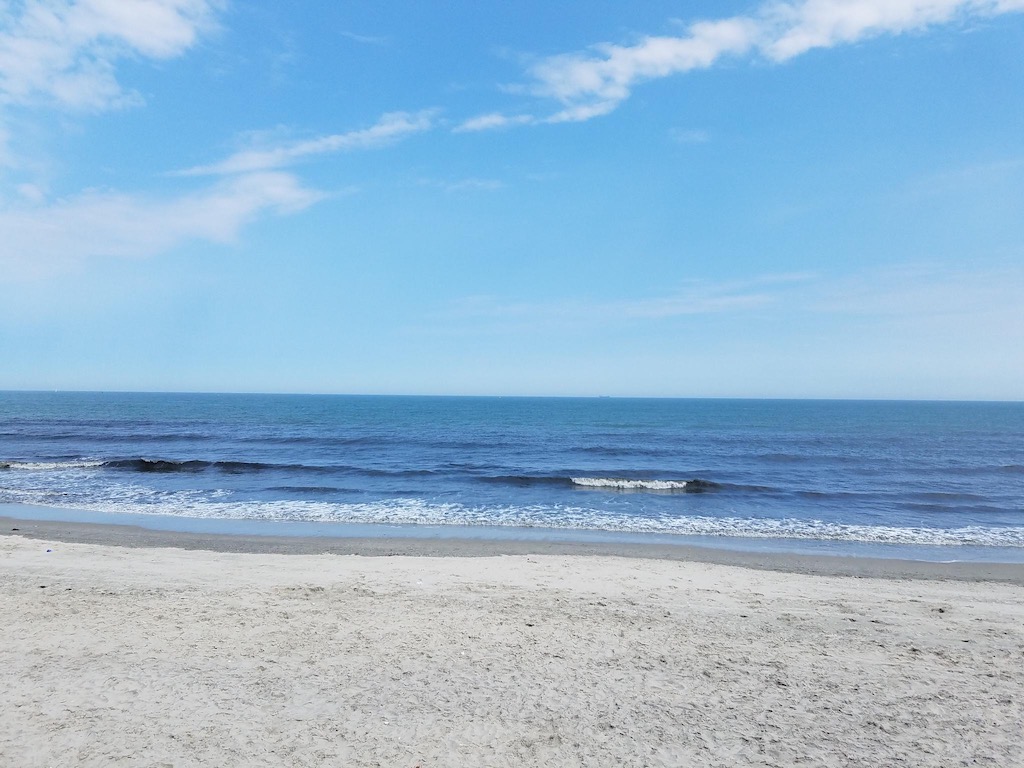By Suzanne Doad, MS, RD, LDN
Summer is here and it’s heating up out there! Temperatures have been scorching all across the country – including here in the southeast! This can make it more difficult to stay hydrated, especially with people spending more time outdoors.
Our bodies are approximately two thirds water, and water is necessary for the proper functioning of all of the body’s major systems, making it very important to stay hydrated. Water helps your body to regulate temperature, remove toxins via filtration through the liver and kidneys, transport nutrients to the body’s cells, keeps muscles and joints lubricated, and much more! Read more below for tips on how to estimate how much fluid you need and how to increase your hydration this summer.

- Estimating Fluid Needs
Dividing your weight in pounds by 2 can give a quick estimate of how many ounces of water you should aim for each day. Keep in mind that those with certain health conditions may need to drink more or less than this amount, such as with kidney disease – I cannot stress this enough.
As an example, for a person who is 160 pounds, this would be approximately 80 fluid ounces of water (or 10 cups). - Adjust Your Fluid Intake As Needed
Keep in mind that when you are outdoors for an extended period of time in the heat or are sweating, you will likely need to increase your fluid intake. Consuming foods such as bananas and sea salt can help to replace the electrolytes lost in your sweat. - Watch For Signs of Dehydration, Including:
Decreased urine output or dark-colored urine
Headache and light-headedness
Muscle cramps (can also be a sign of electrolyte depletion)
Lack of sweat
Cool, clammy skin
Fatigue and lethargy - Mind Your Intake of Dehydrating Fluids
Alcoholic beverages and those containing caffeine, such as coffee and tea, have what is called a diuretic effect – they increase urine output When planning to be out in the heat, either limit your intake of these beverages or keep in mind you will need to drink extra water - Eat Hydrating Foods that include:
Melons, such as watermelon and cantaloupe
Other fruits, such as peaches and strawberries
Summer squash – zucchini and yellow squash
Salads – lettuce, tomatoes, cucumbers, and bell peppers are all good water sources
Let me know if you found this helpful!

